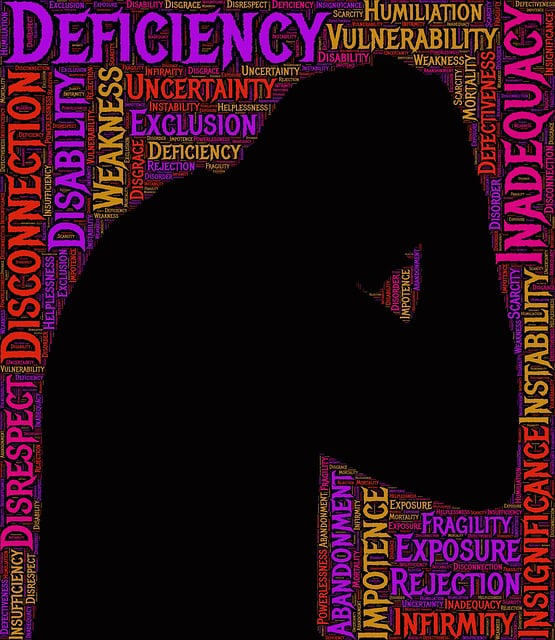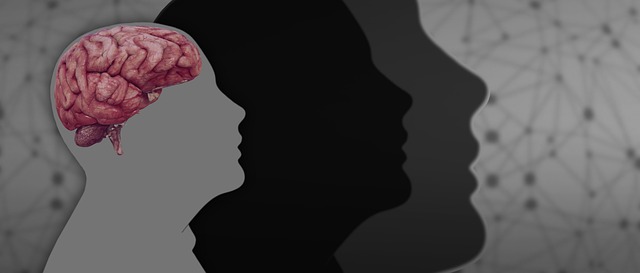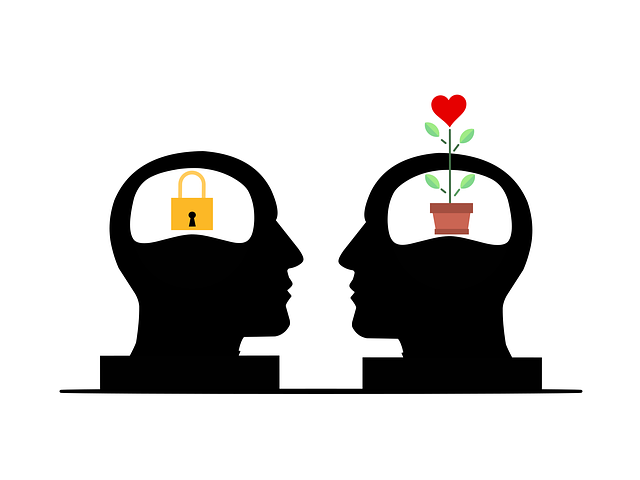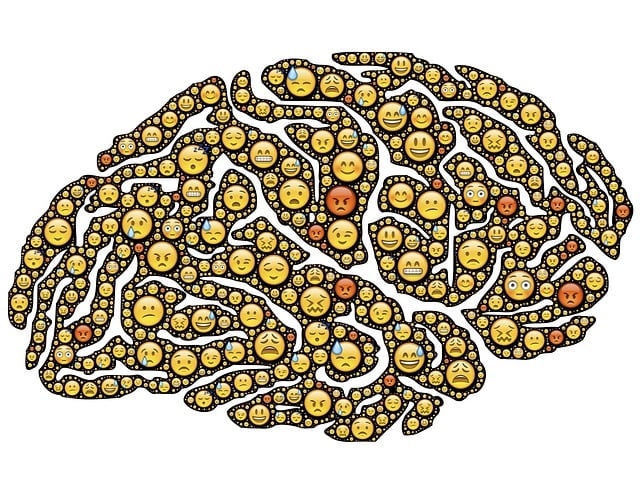Arvada Abuse Survivors Therapy (AAT) focuses on mood regulation as a crucial aspect of healing for trauma and abuse survivors, teaching techniques like mindfulness, empathy building, and self-esteem improvement. Through dedicated sessions, survivors uncover hidden emotions, replace negative thoughts with positive affirmations, and develop personalized coping strategies, enhancing their ability to manage moods and lead fulfilling lives. AAT's holistic methods, including self-care practices and cultural competency training, empower individuals while fostering understanding within healthcare settings, ultimately building resilience for long-term well-being.
Mood regulation strategies are essential tools for healing and well-being, especially for those who have experienced trauma. In this article, we explore effective therapeutic approaches to manage moods and foster resilience in individuals recovering from Arvada Abuse Survivors Therapy (AAT). Understanding the importance of mood regulation, we delve into self-care practices that promote long-term emotional stability. By combining therapeutic insights with practical strategies, this guide empowers readers on their journey towards holistic healing.
- Understanding Mood Regulation: A Necessity for Healing
- Exploring Therapeutic Approaches for Effective Mood Management
- Building Resilience: Self-Care Strategies for Long-Term Well-being
Understanding Mood Regulation: A Necessity for Healing

Understanding mood regulation is a crucial step for healing, especially for those who have experienced trauma or abuse. Arvada Abuse Survivors Therapy recognizes that managing emotions effectively is a vital tool for navigating life’s challenges and rebuilding one’s sense of self. Many survivors struggle with emotional regulation as a result of their past experiences, which can lead to intense and unpredictable moods.
By learning and practicing strategies such as mindfulness meditation, empathy building, and self-esteem improvement, individuals can gain better control over their emotional responses. These techniques empower survivors to heal from the inside out, fostering a deeper sense of calm and stability. Through dedicated therapy sessions, individuals can uncover and process hidden emotions, replace negative thought patterns with positive affirmations, and develop coping mechanisms tailored to their unique needs, ultimately enhancing their ability to regulate moods and lead fulfilling lives.
Exploring Therapeutic Approaches for Effective Mood Management

For those who have experienced trauma or abuse, effective mood regulation can be a complex journey. Exploring therapeutic approaches like Arvada Abuse Survivors Therapy (AAT) offers specialized support tailored to address the unique emotional needs of survivors. AAT focuses on helping individuals process and heal from past traumas, providing tools for managing intense emotions and promoting resilience.
Beyond individual therapy, integrating Self-Care Practices and Healthcare Provider Cultural Competency Training can significantly enhance mood management. Emotional Healing Processes often involve learning coping mechanisms, practicing mindfulness, and cultivating a supportive network—all integral parts of holistic healing. These approaches empower individuals to take control of their emotional well-being while fostering understanding and sensitivity within healthcare settings.
Building Resilience: Self-Care Strategies for Long-Term Well-being

Building resilience is a crucial aspect of long-term well-being, especially for those who have experienced Arvada Abuse Survivors Therapy. Self-care strategies play a pivotal role in this process. By incorporating consistent self-care practices into daily routines, individuals can enhance their mental health and emotional stability. This involves setting aside dedicated time for activities that nurture the mind, body, and soul.
Self-care routine development focuses on creating healthy habits such as regular exercise, balanced nutrition, adequate sleep, and mindfulness practices. These foundational elements support overall well-being and provide a buffer against stress and adversity. Additionally, empathy building strategies can be powerful tools for resilience. By cultivating empathy towards oneself and others, individuals can foster deeper connections, improve communication, and develop a stronger sense of belonging, all of which contribute to long-lasting emotional recovery.
Mood regulation is a powerful tool for healing and well-being, especially for those who have experienced trauma. By understanding the importance of managing emotions and adopting effective therapeutic strategies, individuals can break free from negative patterns. The self-care techniques highlighted in this article, combined with professional support like Arvada Abuse Survivors Therapy, offer a holistic approach to building resilience and fostering long-term mental health. Embracing these strategies empowers individuals to navigate their emotional landscapes and lead fulfilling lives.














